When I test reactions to less politicized violations such as removing polling locations from opponent strongholds, the partisan differences disappear!

When I test reactions to less politicized violations such as removing polling locations from opponent strongholds, the partisan differences disappear!
Note: this holds even when using **perceived** (rather than manipulated) inparty benefit.

Note: this holds even when using **perceived** (rather than manipulated) inparty benefit.
I test when and why Democrats and Republicans differ in their tolerance for undemocratic actions.
🧵

I test when and why Democrats and Republicans differ in their tolerance for undemocratic actions.
🧵


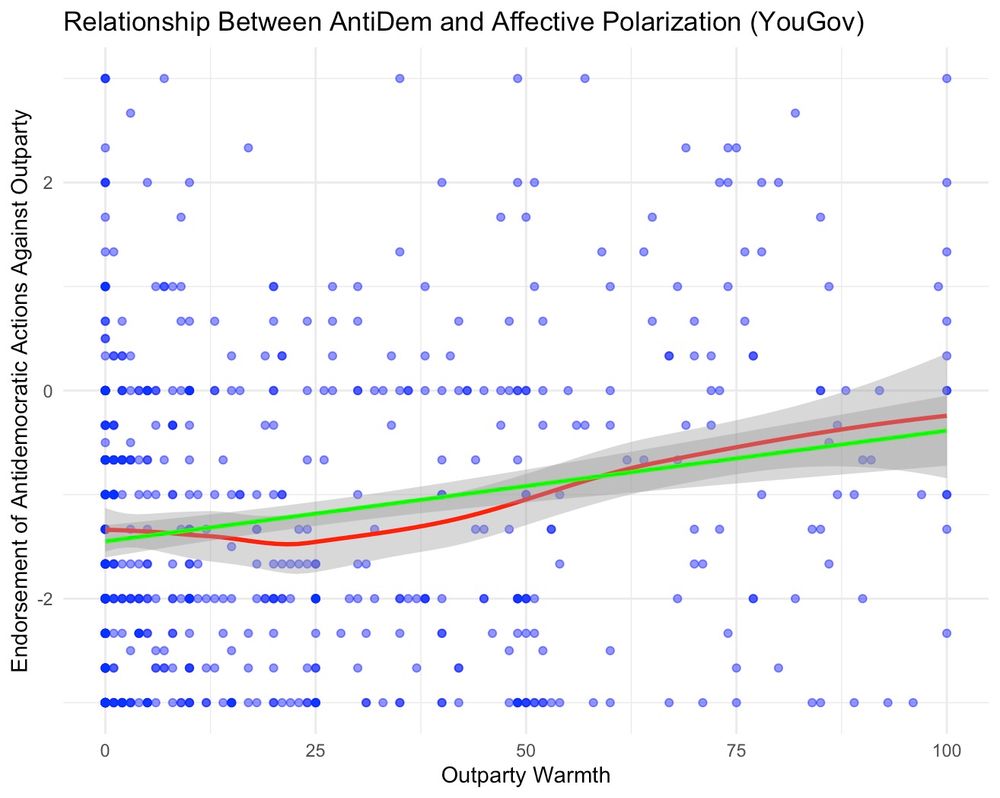



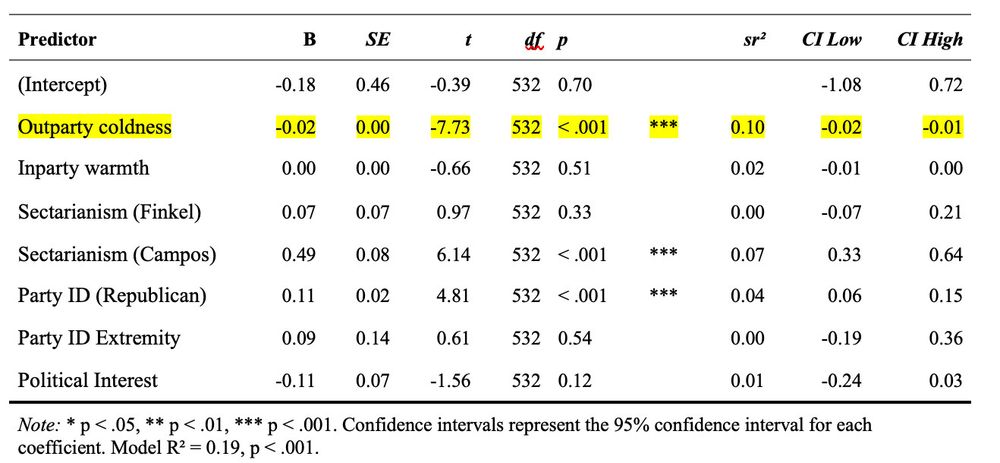
There’s definitely skew, but I find it hard to believe that it would fully account for the results.
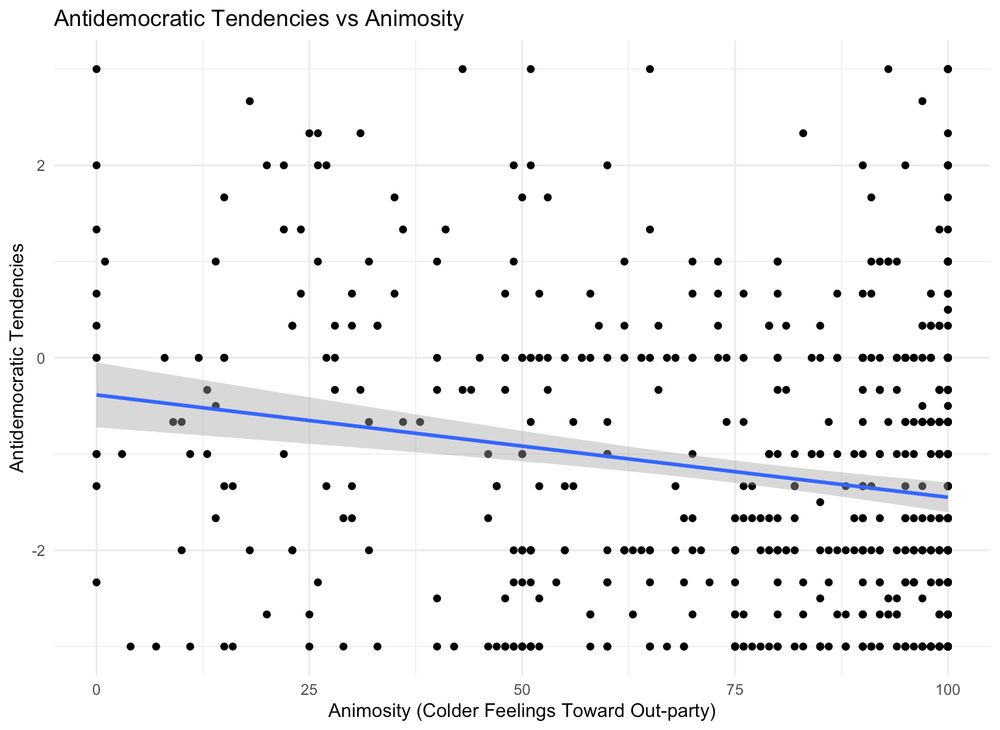
There’s definitely skew, but I find it hard to believe that it would fully account for the results.
Tried that too and found the same negative relationship!
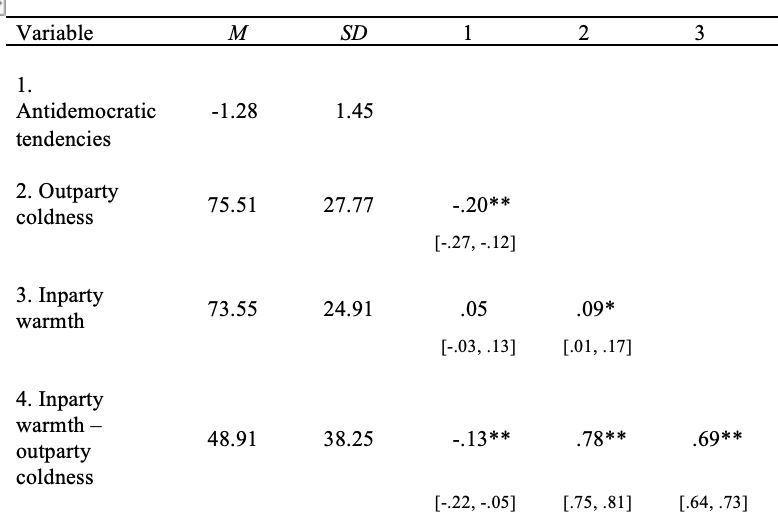
Tried that too and found the same negative relationship!
1️⃣ Maybe people who are more polarized are also more politically conscious, which is related to more commitment to democratic norms?
Nah, I controlled for political interest and it does nothing.
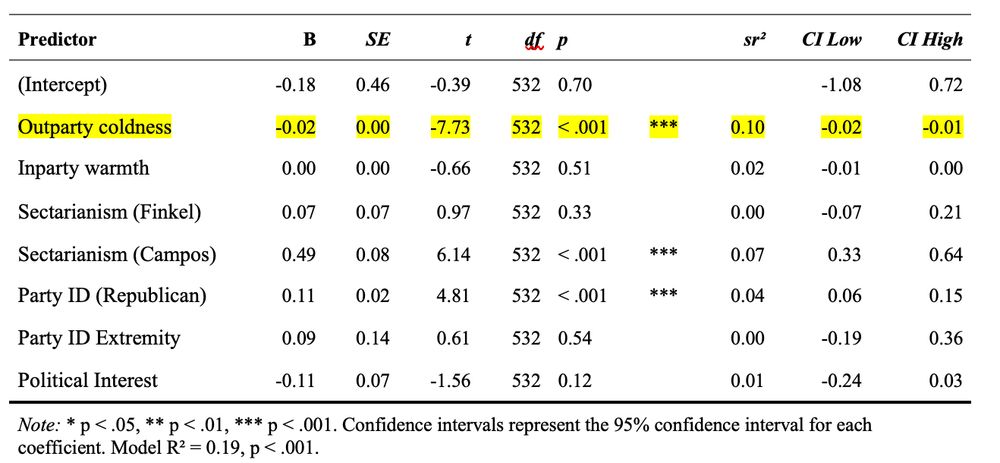
1️⃣ Maybe people who are more polarized are also more politically conscious, which is related to more commitment to democratic norms?
Nah, I controlled for political interest and it does nothing.
Why do partisans who feel colder toward the opposing political party seem LESS supportive of antidemocratic actions against them (e.g., closing polling stations)? Intuitively, dislike = more norm violations. What’s going on?🧵

Why do partisans who feel colder toward the opposing political party seem LESS supportive of antidemocratic actions against them (e.g., closing polling stations)? Intuitively, dislike = more norm violations. What’s going on?🧵
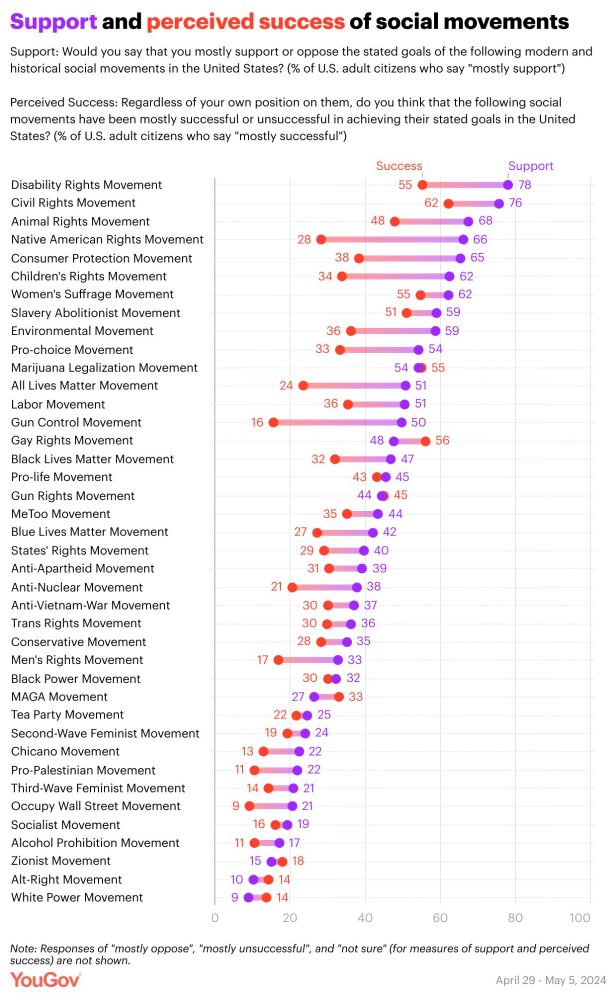
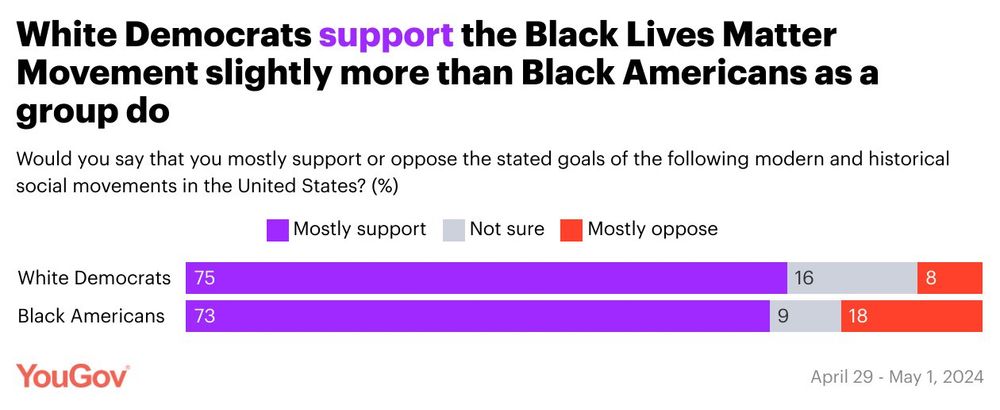
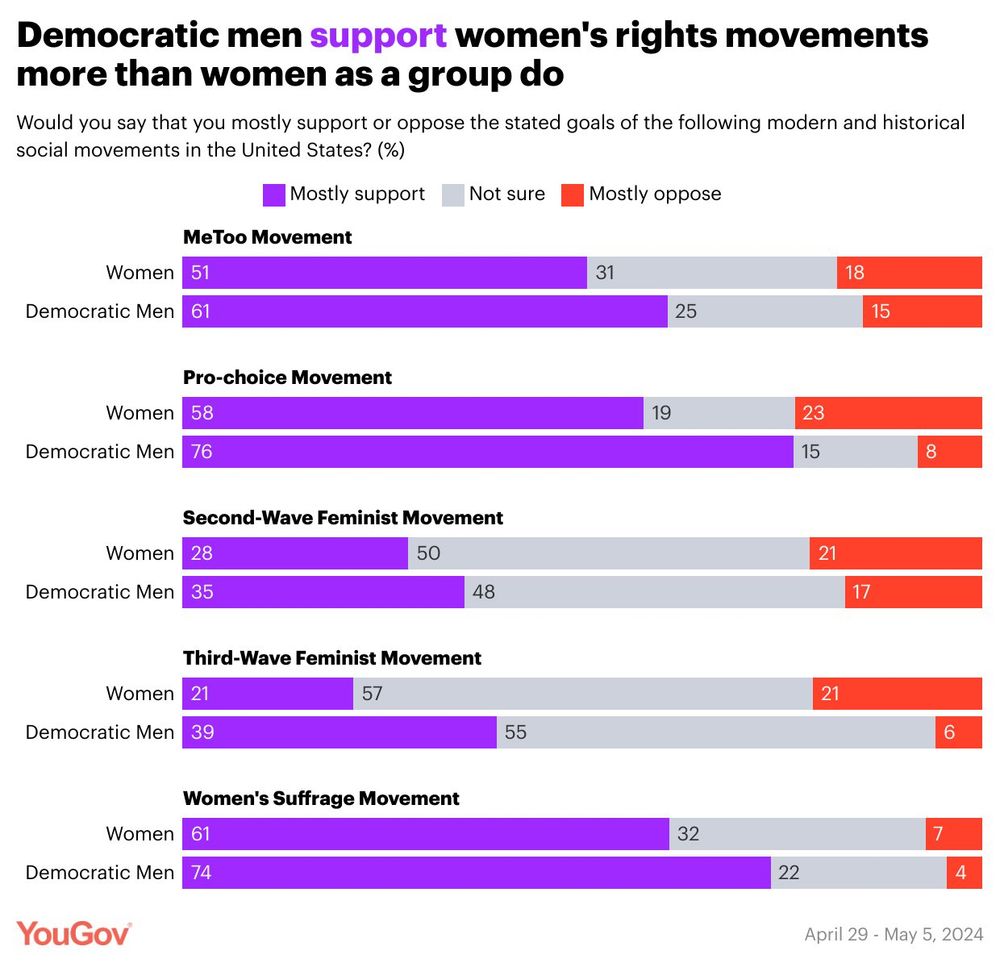

(9/11)
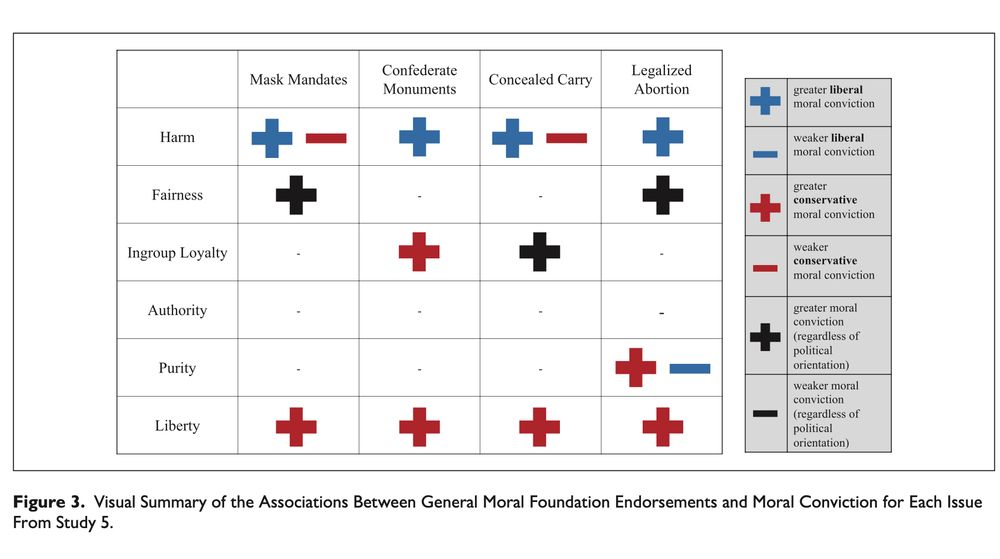
(9/11)
(7/11)
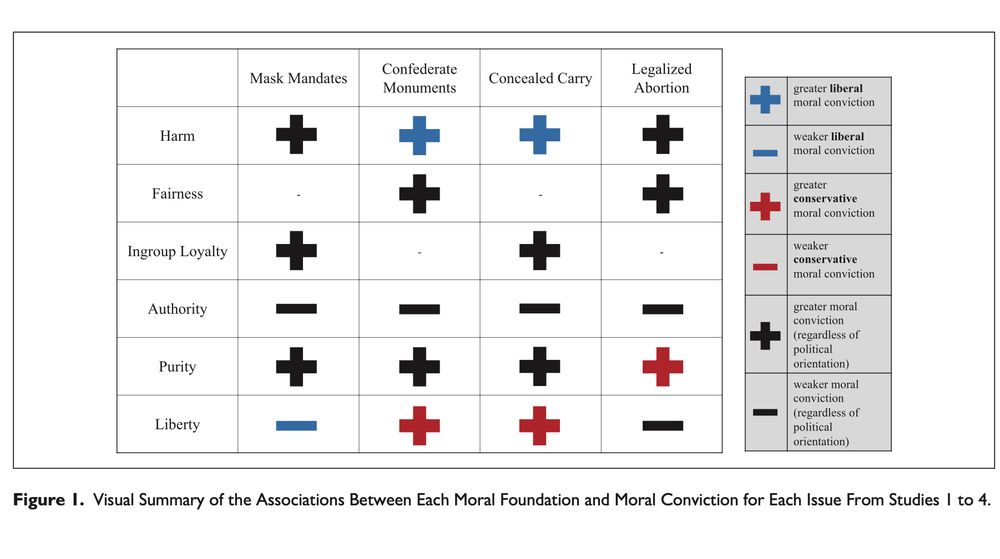
(7/11)
We asked this question in my (now published!) first, first-author paper: "Values in Context: The (Dis)connections Between Moral Foundations and Moral Conviction" in PSPB!
(1/11)
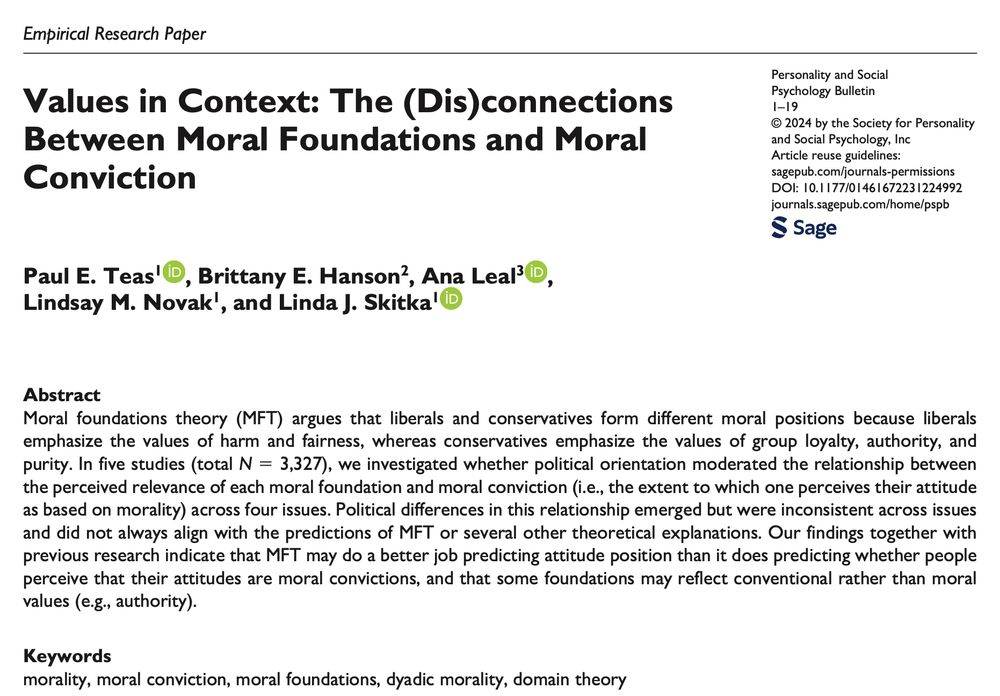
We asked this question in my (now published!) first, first-author paper: "Values in Context: The (Dis)connections Between Moral Foundations and Moral Conviction" in PSPB!
(1/11)

